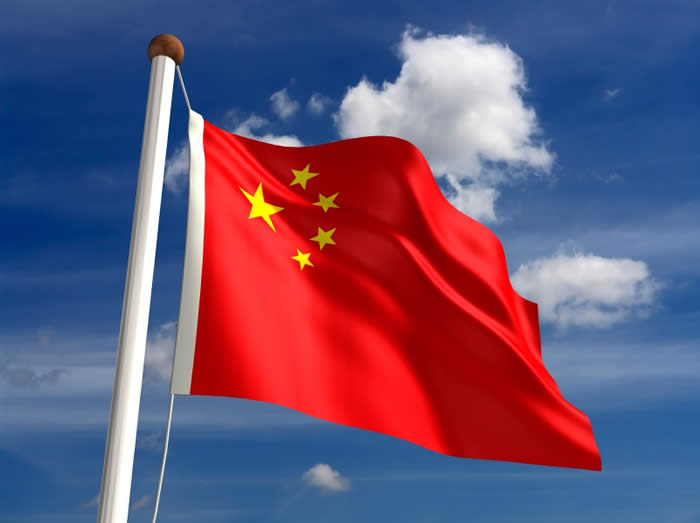A new Euromonitor report forecasts that Muslim consumers will make up more than a quarter of the world’s population by 2030, and China wants to play an active role in feeding them. Chinese companies are increasingly flexing their muscles in the burgeoning market for halal food - one a report last year commissioned by the Dubai Chamber of Commerce said would be worth $1.6 trillion by 2018 - while the government is also eyeing halal-focused pacts with regional partners to broaden the country’s export portfolio.
Under Islamic law, halal food must be strictly free of alcohol, pork, tobacco or lipids from animals. Animals destined to be sold as halal meat must also slaughtered in accordance with religious guidelines. China is not an obvious candidate as a halal food powerhouse. The 26 million-strong Muslim population make up just 2 percent of China total population, with the vast majority living in Xinjiang and Ningxia provinces in Northwest China, the most underdeveloped part of the country.
China, however, is forging ahead. Under its “One Belt One Road” initiative that aims to recreate the Silk Road land and maritime trade routes, China has sought opportunities for halal trade with Muslim and Arab countries through bilateral trade agreements. In Linxia city, in China’s Gansu province, several companies have struck trade agreements with Turkey and Kazakhstan to export manufactured food products, reported Want China Times. China has also set up networking conferences and seminars, including the Sino-Malaysian Halal Food and Muslim Supplies Certification and Industry Cooperation Seminar that took place in July this year. And it has created infrastructure to support the halal trade, including the construction of halal food and Muslim supplies manufacturing hubs such as the Wuzhong Halal industrial park, in the Muslim stronghold of Ningxia, which has attracted 218 companies.
It is not just external demand that is driving China’s interest in halal. Joy Huang, China research manager at Euromonitor International, told CNBC that demand was also underpinned by non-Muslim mainland residents. “Halal food is considered to be healthy and hygienic, given the high standards for manufacturers,” Huang said. “Non-Muslims think that [halal food] is safer, given the number of food safety scandals in China,” she added. Major local food players are jumping on the bandwagon to meet the growing domestic appetite for halal products. Shineway Group, one of China’s largest processed meat companies, was an early starter, investing $310 million in a halal meat production base in 2009.
But even halal providers in China have suffered from food safety scares. The country got its first large halal foods certification center, the Ningxia Halal Foods International Trading Certification Center, only in 2014. It is permitted to certify halal foods in several provinces. And while certification rules are improving, most halal centers are only operated at the regional level, and lack national standardization and legislative support. According to Euromonitor, this is because Muslims are a minority in China and the government is more focused on general food safety than the religious requirements of a relatively small group of consumers. There are also concerns that China’s slew of food safety scandals could hinder the growth of Chinese halal food exporters. This is unlikely, however, to be a long lasting roadblock.

